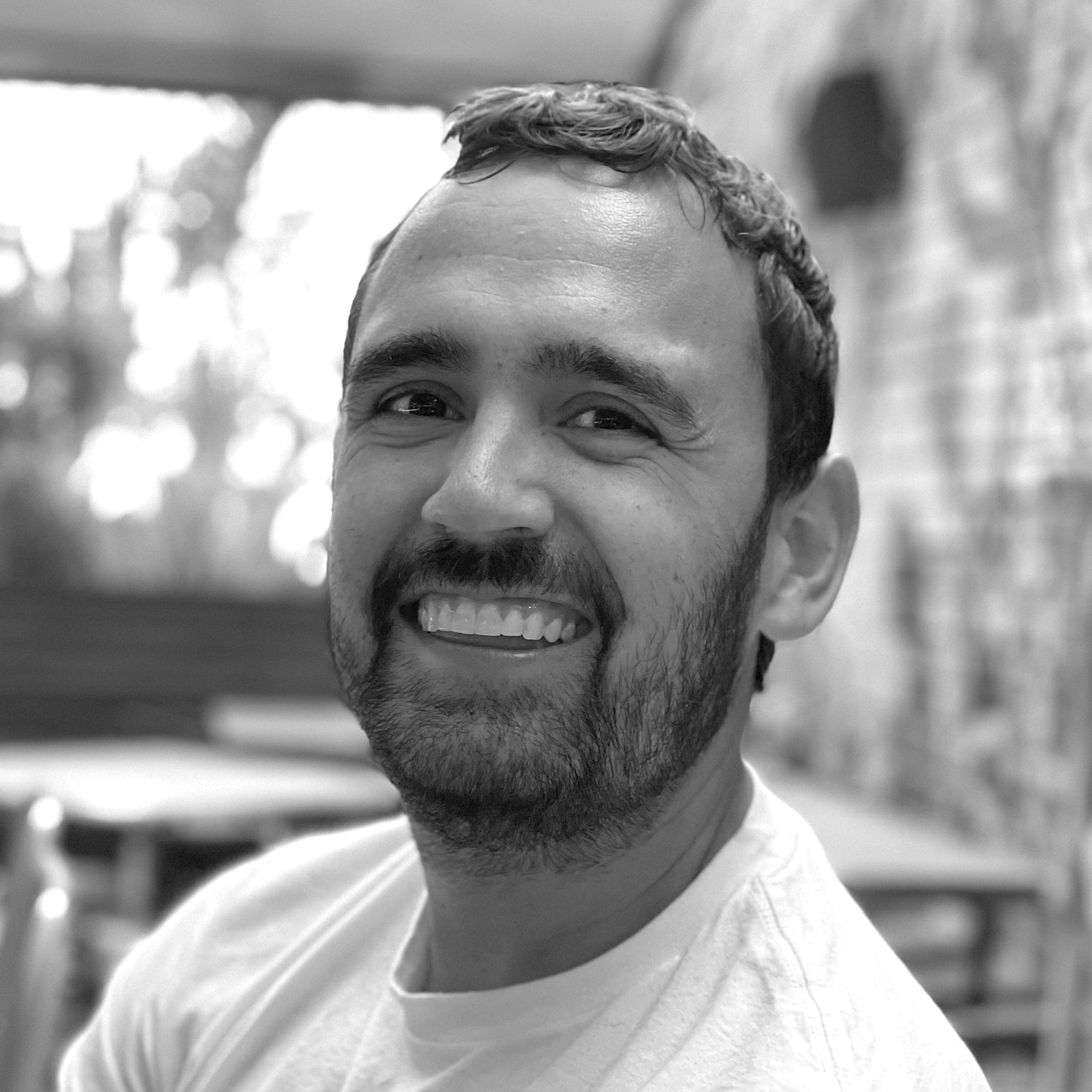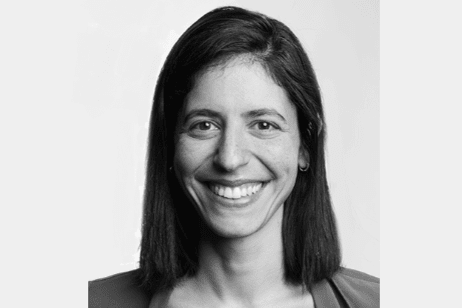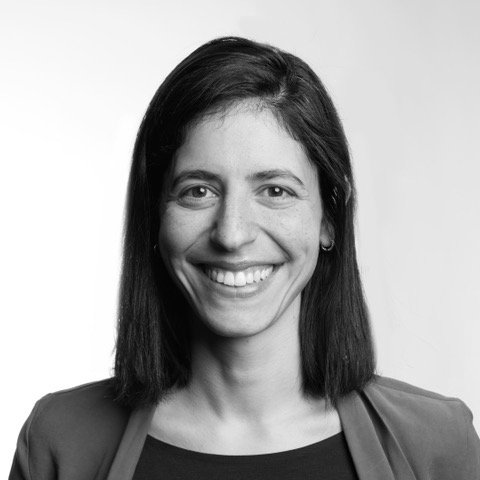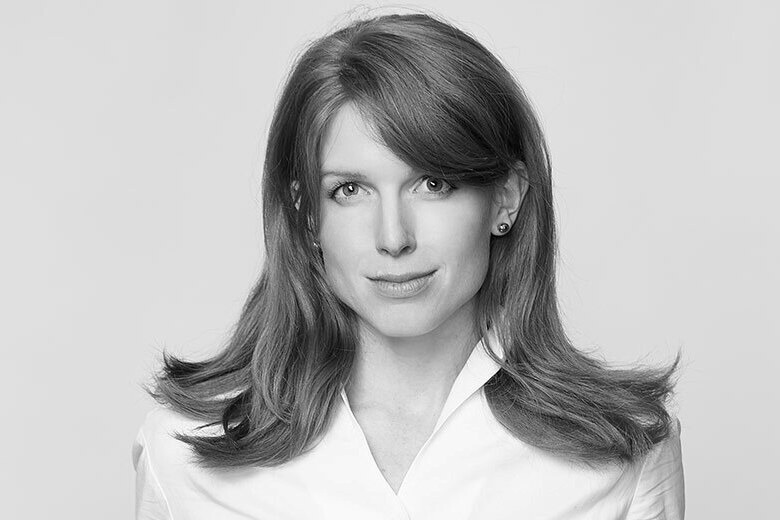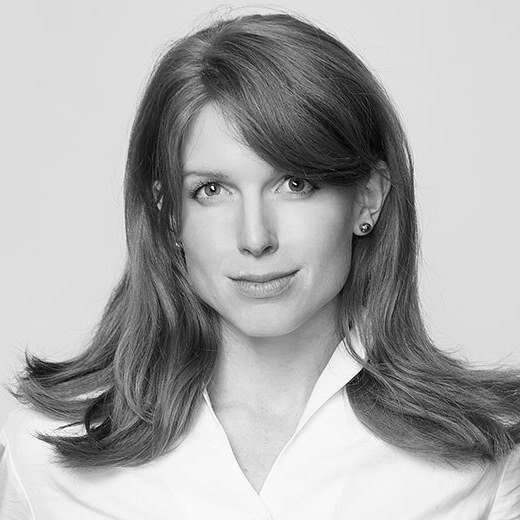Accel’s Vas Natarajan, Sara Ittelson, and Casey Aylward share insights and predictions from this season of Spotlight On: AI
AI is considered to be one of today’s most significant inflection points — but is the enthusiasm warranted, or is it mere hype? In this episode of Spotlight On: AI, Accel partners delve into the state of the market and what comes next, drawing on the insights and predictions about artificial intelligence shared throughout this season.
During the season, we interviewed 12 leaders applying AI in all parts of the ecosystem. They have enabled new industries and profoundly influenced productivity, creativity, and the global economy. Several founders of AI-native companies we spoke to, such as AssemblyAI, Ironclad, Scale and Synthesia, embarked on their AI journey years before the current cycle. They were the crazy ones, the early visionaries, the risk-takers, who patiently built early AI products. The Accel team reflects on their foresight and early approach and contrasts it with how new players navigate the space—listening to customer needs and meeting the moment quickly and creatively.
“A world where I can just speak what I want to see and have it created feels so much closer than it ever has before.” – Sara Ittelson, Partner at Accel
Regardless of the approach, every company must rise to the challenges of adapting to a rapidly evolving landscape. As a firm in our 40th year, we’ve seen many transformative, market-defining technology companies. in this episode, Accel’s Sara Ittelson, Casey Aylward, and Vas Natarajan discuss what’s next.
Conversation highlights and episodes referenced:
- 00:00 - Intro and season recap
- 00:53 - Lessons from early AI founders (building beyond the spotlight)
- 01:58 - Distinguishing "hype" vs. real AI impact and innovation (unpacking the hype cycle)
- 04:54 - Future changes in emerging AI tech and market impact (global economic impact)
- 05:31 - Surprising pace in the AI ecosystem (predicting AI progress)
- 08:55 - AI wave parallels with mobile and cloud waves (enduring cycles of tech innovation)
- 11:09 - Global enthusiasm about AI and its impact on discovery pace (AI ecosystem in Europe)
- 17:15 - Criteria for successful AI companies is vision and team insight (founders solving a lived problem)
- 22:06 - Shifts in startups and venture investing
- 24:43 - Season 2 preview – Spotlight On: Security
Featured: Vas Natarajan, Partner at Accel, Casey Aylward, Partner at Accel, Sara Ittelson, Partner at Accel
Explore more episodes from the season:
- Episode 01: AssemblyAI's Dylan Fox on building an AI company during a period of radical change
- Episode 02: Roblox’s Daniel Sturman on Building Great Teams in the AI Era
- Episode 03: Ada’s Mike Murchison on how AI is revolutionizing customer service
- Episode 04: Merge’s Shensi Ding on powering the next generation of AI SaaS companies
- Episode 05: Scale AI’s Alexandr Wang on the most powerful technological advancement of our time
- Episode 06: Bard’s Jack Krawczyk on the birth of Google’s AI chatbot and the creative potential that lies ahead
- Episode 07: Synthesia’s Victor Riparbelli on creating an environment to harness AI benefits and reduce harms
- Episode 08: Ironclad’s Cai GoGwilt on a decade of anticipating the transformative power of AI
- Episode 09: Checkr’s Daniel Yanisse on tackling bias in people and AI
- Episode 10: Cinder’s Glen Wise on trust and safety threats and holding AI accountable
- Episode 11: Transcend’s Kate Parker on putting data back into the hands of users in an AI-driven world
- Episode 12: Arm’s Rene Haas on building the brain of artificial intelligence
Vas Natarajan (00:09):
Welcome back to Spotlight On. So excited to be here with you. 2023 was a great inaugural season for this podcast. We reflected on the advent of AI, so many great founders that were applying AI in all these different parts of the ecosystem. We really got a chance to live the space through the eyes of the founders that we work with, and I think it was an illuminating season. And now with the benefit of the holidays, we get a chance to reflect a bit and try to synthesize what we learned and reflect on some of the predictions that came out from last season. So I don't know, Sarah, Casey, what comes to mind when you reflect back on some of the voices that we had on the show last year?
Sara Ittelson (00:53):
In some ways it's a little ironic because our show was called Spotlight On, but I think one of the things that came out from the conversation was that a lot of new innovation happens maybe in pockets where people aren't looking. When you think about a lot of the founders that we talked to this season, it's not that they got working on this project in the last 12 months, it's that they started in 2017 or 2018, that this has been a long love and passion and exploration of the cutting edge of the technology. It's just now come to the forefront. But I think an observation was just, great innovation is happening in little pockets where people aren't looking, things that are outside of the flow of conversation, they'll become apparent 5, 7, 10 years from now and be really life-changing for all of us as consumers, as operators within enterprises. But that was a real takeaway for me when you hear about those early origin stories where they were the crazies to hearken back to sort of the classical sense of Silicon Valley.
Gen AI Hype
Casey Aylward (01:58):
Obviously it's been a crazy year with investment into this space, A lot of new companies being formed. Obviously we've seen a lot of that here at Accel. Do you think this is a over hyped cycle or do you think it'll continue to pace at this rate?
Vas Natarajan (02:12):
It honestly might be under hyped. I know given all of the euphoria and how often it's being mentioned in the tech press and on Twitter, I mean this is top of mind for everyone, but it may have that profound of an impact on global markets, on economies, on companies, on the labor workforce, on productivity around the world. I mean just the pace of innovation and the slope with which we're seeing these models develop and how they're being applied in all these different domains, it feels like we're just scratching the surface of what's possible with this technology. And I think part of that is the technology is getting better and better and better, but at the same time there's just a natural absorption rate on behalf of the companies that are using this technology. And 2023 was really about figuring one another out. The technology was figuring itself out. The companies themselves were figuring out how to use and apply the technology. And I think now with the benefit of those last 12 months of experimentation, were really in a position to go full force into it in 2024 and beyond. And so I think we're just about to see the multiplicative benefit of what AI can mean.
Sara Ittelson (03:28):
I would agree with that. I think it was interesting, some of our founders during the season commented on it maybe be sort of a peak hype moment. And I think we've almost kind of come on the other side of that where there was that period where people, there was sort of the sense that you could say AI and jazz hands. And people were like, whew. And I think what came out through the season was really these are really earnest folks who still deeply understand a problem space and a business opportunity and they're leveraging the latest and greatest in AI technology. And so I think from their perspective, probably that little window of time felt a little weird while they were operating in it. They're like, wait, we're slogging away with this technology that's still so early and it's creation that it's still hard to work with, doesn't do all the things you want it to do or to do it is still super hard. And so I can see how for them, it probably actually could feel particularly hypey. But I think to your point, the enthusiasm is warranted is my sense. And I think we've already kind of gotten out of the AI jazz hands moment and are seeing a real, that sort of amazing convergence of somebody with an insight on a problem space, a business opportunity and how to leverage this new technology to solve it.
Forecasting AI’s Impact
Vas Natarajan (04:54):
I loved Alex Wang's episode. He's obviously the founder of Scale AI. He was here with Dan Levine and just reflecting on all the different corners of the global economy that AI is just now starting to touch. And I think he really reinforced that sentiment of we're going to see AI and AI enabled companies start to crop up in categories that we hadn't necessarily studied or thought of historically here at Accel. And that's probably going to be the most exciting part of this ecosystem over the next 12 to 18 months is just seeing all the different subsegments of markets where we're going to see AI being applied.
Sara Ittelson (05:31):
I was surprised that actually here's a category of folks who are complete optimists about the technology and even within them they were surprised about the sort of slow and then fast nature. So in the Victor episode, right? He was saying what he thought would be possible by 2023 and 2028, and he was saying, actually, I think those were overly conservative. We hit that in 2020 and it'll probably be 2025. And I think Dylan had sort of a similar sentiment in the Assembly AI episode where he kind of knew it would be possible and then saw it coming faster than maybe even somebody, a believer, thought. And so that's an exciting thing I think for all of us that even as extreme optimists about technology, it can even catch us by surprise, just how fast we can have progress and innovation.
Vas Natarajan (06:24):
The open source models I think are really going to inflict in their power in 2024, and we've always believed that Accel, that open innovation, open technology is just a better technology. It's built and maintained by a global developer base. It's easier to adopt if you're a business and it's arguably more secure because you just have more eyes on this technology. And so 2024 I think is going to be the year of open source innovation in AI.
Casey Aylward (06:49):
You look at the gated release that Facebook did with Llama, and of course there's a huge response in the open source community when the weights were leaked and everyone was really obviously excited about that, but it felt like it really took off from there both on the model, on the model level, and then obviously on the tooling level. It's just really helped developers be able to prototype really quickly, be able to prototype apps really quickly as well. So I think starting at that base layer, it's been really incredible to see even the innovation that's come out there because there are some companies obviously that are proprietary and gaining that, but the innovation curve and open source has been really tremendous, more than I've seen in honestly any other ecosystem.
AI’s Digital Infrastructure
Vas Natarajan (07:34):
It's interesting you think back to even the advent of the light bulb. There's the old cliche what came first, the light bulb or the electrical grid, and it was actually the light bulb. We had to see the power of the application before we actually went back and built the infrastructure. And Casey you're seeing this firsthand, now that everyone understands the power of AI and the power of LLMs, we're just now starting to be motivated to go back and rebuild the infrastructure to make developers more empowered to play with this technology. And you've invested in a couple of companies in this space.
Casey Aylward (08:08):
Yeah, I think the thing that gets me really excited when I see this incredible excitement and energy around building foundational AI companies and then also AI applications is sort of the underlying infrastructure and tooling. And so one of the investments that I made in a company called Astral, which is building an open source project called Ruff, it's really supporting the Python open source ecosystem and supporting that tooling layer. Of course, it's not building a model, but it's helping developers who are building these things in Python, which is the language of AI. It's the language of data. And so I'm looking for opportunities there, but also in developer infrastructure around AI applications too.
Comparing AI to other Innovation Waves
Vas Natarajan (08:55):
I reflect back on two of the last major waves that we've invested in here in Accel, the mobile wave and the cloud wave. And those were really innovations in how technology was being delivered. I remember back to the dawn of mobile, the iPhone had just come out in 2006, 2007, and a lot of those entrepreneurs back then were trying to repackage existing desktop applications into a new miniaturized form and taking advantage of all these different new touch gestures. Obviously the mobile device had a lot of new functionality in terms of geolocation services and telephony services, and so we saw the advent of things like Uber and Instacart and services like that. But I think by and large, mobile was really a delta in how services were being delivered. We were able to push services to the edge into the pockets of consumers. I think cloud technology similarly was a big innovation and in software delivery, and we invested in a lot of these categories.
Vas Natarajan (09:53):
It was about taking applications that were historically built, managed and deployed in large servers on top of large servers locally in enterprises. And the cloud changed the delivery mechanism behind that. It allowed you to access this application wherever you were around the world. And I think about AI relative to those two waves, and it's the first time I've really felt like this is a change in truly what's possible from an innovation standpoint. I mean, we're really changing application paradigms altogether. It's not just a delivery mechanism. It's a true innovation change. And that's the thing that just gets me so optimistic about it.
Casey Aylward (10:34):
Yeah, I also think the advent of LLMs and transformer technology, it really came about in 2017, 2018 coming out of Google and the interface for the product has been so, so important. So you think back to when this really became part of a more popular consciousness, it's really only been in the last, I mean it feels like 20 years, but it's really only been in the last year. So that interface, the way people interact with the product, a lot of it's API based. I think that's been so important for the adoption and what we've seen in the industry this year.
AI’s Global Proliferation
Sara Ittelson (11:09):
Something that's been fun I think is Accel. We have offices around the world. We were just all in London at the end of last year with our colleagues based in London, our colleagues based in India. And the conversations and the excitement and enthusiasm around the innovation in AI was just so deeply shared because this isn't something that's happening in just one geo, right? It's something that's sort of explosive globally. And I think that's a unique thing to observe, to see the innovation happening in all these pockets of the world, maybe not pockets just happening everywhere and now we're finding amazing founders in all those markets to back. So it really is something folks have likened to sort of this modern day space race of where every economy, every community of researchers, of entrepreneurs sees the potential and wants to ensure that they're establishing themselves as sort of cutting edge. And I think that level of healthy competition gives me a sense that the technology is going and the pace of discovery and advancement is only going to continue because it has really captured sort of the minds of everyone globally.
Vas Natarajan (12:29):
The power of what we're seeing right now with cloud enabled AI services is you can build these companies anywhere. 25, 30 years ago, you had to be in the valley to get access to the most cutting edge technology to the most advanced server components, GPU components. You had to be in Silicon Valley to get access to the talent, quite frankly. But now all of those substrates, all of those primitives have been packaged up and globally distributed via great open source technology via really neatly packaged APIs via cloud services that are being supported by AWS and GCP and Microsoft Azure. And that's really the forcing function that allows AI innovation to be a global force. You don't have to be in the valley anymore to get access to those primitives, and that's what makes our job so fun, so exciting, so stimulating. We're meeting these entrepreneurs around the globe.
Vas Natarajan (13:29):
It's keeping us busy. We're spending a lot of time on planes as we know, but I think increasingly we're going to see some of the best companies being formed outside of Silicon Valley and the Valley will always, I think, be a plurality of the best businesses. I mean, there's just something about the network effect of San Francisco that will never be shaken. But increasingly, and we've seen this via obviously our European partnership and our India partnership, we're seeing some great companies being formed in both those geographies. And that's a trend that's only going to continue.
Making AI Accessible
Sara Ittelson (14:03):
It's funny, the comment about accessibility at the infrastructure and development layer made me think about maybe one of the surprises for me of the last year is the degree to which the front end is so accessible. The idea that I'm a mom to two young kids talk with other moms about their kids engaging with these generative AI apps to create quirky photos or storybooks or coloring pages. And it's incredible to think that small children can now engage with generative AI. And I think that, I don't know how to code like you do, but a world where I could just speak what I want to see and have it created in the world feels so much closer than it ever has before. And I think that element of accessibility on the front end is really exciting and we're so in the early innings of, to your point about the gooey, we’re so in the early innings of that, but I think it will take what some pockets of technology and innovation I think can feel maybe exclusive or you have to have this specialized skillset to be able to engage. And I get really excited about the idea of some of those walls breaking down through new applications at the edge being created that are really accessible to folks.
Vas Natarajan (15:30):
The gap between idea and prototype or even an idea in a V one is going to shrink considerably in the age of generative AI. I mean, to your point, you can speak applications into existence, you can take core business logic that you've mapped out for yourself and actually encode that in a piece of software now. And I think what that's going to mean for our business specifically is we're going to see so many more entrepreneurs. There are just so many more creators out there that we are going to be drinking from the fire hose to a certain extent and parsing through that and separating the wheat from the chaff, separating ideas from things that can be really long lasting independent companies, I think is going to be both the challenge and the opportunity for our team in 2024 and beyond.
Sara Ittelson (16:18):
Absolutely. Absolutely. You can see something that should exist in the world and will exist. You can be a thousand percent certain it will exist, but should it be a standalone company, will it accrue equity value? Two very different questions, right?
Casey Aylward (16:37):
Thinking about this, a lot of people have talked about this as a hype cycle. I think the thing for me this year that's been so surprising in a lot of ways is that the demand really is there. We are seeing these newly formed companies that are maybe just hitting their first birthday and the revenue numbers are really unlike anything I've ever seen before, even in previous eras, the internet. So it really is a fascinating time from that perspective that the demand is there and people are spending real dollars even in this economy.
Investing Insights for 2024
Vas Natarajan (17:11):
What are some of the things you guys are looking for in great companies in 2024?
Sara Ittelson (17:15):
It was really clear when you talked to or when you listened to all those episodes that these were folks who had a real passion around a pain point and a business opportunity and then sort of a unique insight about the right way to apply the technology. And I think that that's something that all day, every day, I'm looking for sort of that combination. And I think that as a tech, we have to assume the technology and the pace of innovation is going to continue at a breakneck speed. And so I think that actually puts more emphasis on, is this the right vision and team that as new things emerge, do they have sort of that unique insight, that unique market understanding whatever the distinctiveness is, such that they are the right conduit to bring this emerging technology into that problem space. You just have to assume it's going to come at them so fast. If they're wed to the particular implementation of it, that's probably a dead end in its own right. They have to be the right conduit to bring it to that problem space, opportunity space. And so I think increasing emphasis on that element, which is really sort of the perennial convergence we're looking for as investors, but maybe ever more important given the pace.
Casey Aylward (18:39):
Companies now are getting such incredibly fast feedback, which is excellent. Sometimes this type of feedback on products that you get could take months and months, but now you can really shorten that feedback cycle. So I think that's an exciting new development. However, given the energy, the excitement around the space, things are changing really, really rapidly. So to what you said, Sarah, I just totally agree that it's all about the team's ability to move quickly and execute quickly, but also really metabolize that feedback and move in the right direction. So especially with the companies that I look at in open source and developer tooling, I think the interface and the developer experience is going to be really, really important more than anything else.
Vas Natarajan (19:30):
Yeah, I totally agree. I mean, echoing what you're both saying, there are two common threads I think to companies that are going to endure in this era of technology. One is a real appreciation for the customer pain point. We always talk about this even when we meet entrepreneurs. Are they speaking the language of the technology or are they speaking the language of the customer problem and finding founders that are just deeply, deeply intimate with their customers and their needs? I think it's going to be very critical in this era of very, very rapid change. And then the second piece is just an overall adaptability.
I mean, change is coming at us so much faster than ever before. The underlying language models are changing. The developer tooling is going to be be reconfigured many times over the next couple of years - as founders, you need to be adopting, racing ahead to the next technology platforms and just understanding how to really keep a team that's very resilient in this market because you can't, I don't think you can rest on your laurels anymore. I mean the concept of moats and core technology differentiation, those will persist, but I think they'll persist in a very, very different form because a lot of the differentiation is going to be in how you package up and bring that technology to market and be a conduit for this innovation as you said.
Sara Ittelson (20:59):
One of my biggest takeaways from operating that I share with founders frequently is just how messy it is, even when it's really working to have been a part of hybrid growth and go, wow, it was that much of a mess when everything was going incredibly well. And so I think that's very applicable here. To your point of hitting amazing revenue levels faster than ever or needing to be adaptable to the change is that even when it's working or when the thing's really hitting and maybe even more so, then it's going to get really messy and they're going to have to fight the natural gravity of moving a little more slowly, maybe a discomfort or not wanting to evolve your tech stack because it's built in a particular way and maybe it needs to evolve. And so that's a really hard thing to sort of encode in an organization that resilience. And it's something that the greatest companies are going to have to figure out because when it's working, it's a mess.
Vas Natarajan (22:06):
One prediction I have for 2024 actually doesn't impact us so much on the early stage business, but it actually impacts our leader stage investing practices. So our growth funds and our leaders funds, those are efforts that really try to invest in scaled capital light, often bootstrapped and profitable businesses. And I wonder if we're going to see many more companies getting to 10, 25, 50 million of ARR having never raised venture capital. We hear this often from the CTOs that we work with. Their engineering teams are using copilot and seeing meaningful productivity uplifts to the tune of 25 to 30%.
And imagine an engineering team that historically had to hire 50 to a hundred engineers now getting the same amount of output with just 25 to 30 engineers. And you take the application of AI and you look across all of the different lines of operating expenses, marketing, sales, accounting, finance. You can tuck a lot of that workflow behind software now. And so I wonder if we're going to see a new era of nicely scaled, but very, very lean businesses that are cashflow generative and profitable and have a chance to be long-term independent, but may actually skip the era of traditional venture capital like we know it, but maybe just great candidates for our growth and leader's practice.
Sara Ittelson (23:37):
It's interesting what you said about companies using AI within their internal stack and for productivity gains. And I think that we certainly aren't in a world where every company has to be an AI company and that their strategy is squarely either infrastructure for building an AI or the core of their transformation within an industry being an AI application. But I think every company does need to be applying AI internally, even if that isn't your core reason for being, you're going to be at a disadvantage if you aren't using the most readily available applications of ai, whether it's for your sales team, your marketing collateral, your efficiency of your engineering team. So from that perspective, I do think every company needs to be an AI company. But in terms of identity and core value prop, no, I don't think every company needs to be an AI company, but you will be at a severe disadvantage if you aren't using it for efficiency and productivity gains.
Vas Natarajan (24:43):
I thought it was a great first season of Spotlight on, I love learning about these markets through the eyes and ears of the core practitioners, our entrepreneurs. That's what makes our job so fun is we get to experience change in our ecosystem through the power of some of the best founders in the world. And I think we've touched a little bit on trust and safety and governance in AI, and that really runs up into this notion of security in a digitized world and an AI native world. And I think that's going to be a fascinating topic for all founders, entrepreneurs, customers to be really thinking about. And fortunately, that's the big topic for us in season two. And so we're so excited to unpack that theme, that category through some really exceptional entrepreneurs that are rewriting the rules of security technology today.
Meet your host
Sara Ittelson
.jpeg)
Casey Aylward
.jpeg)
Vas Natarajan



Artificial Intelligence
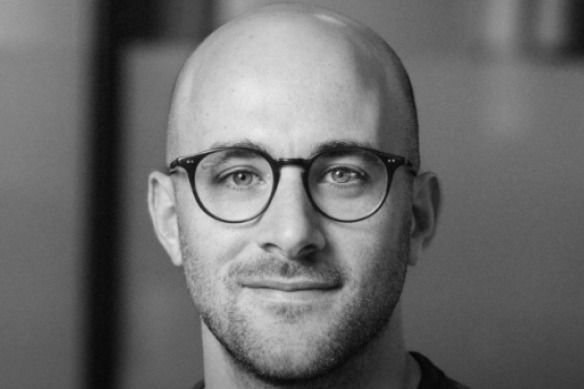
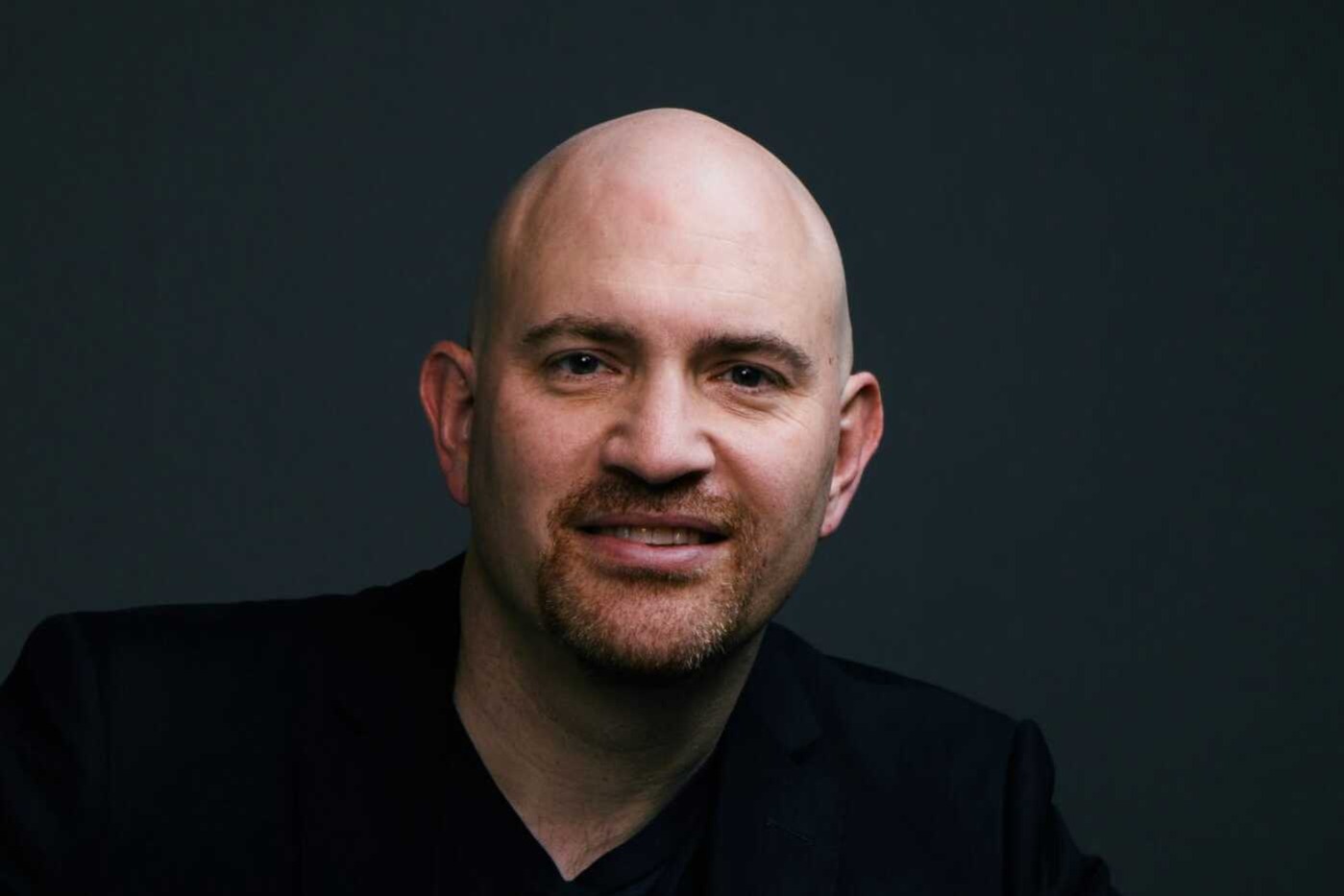




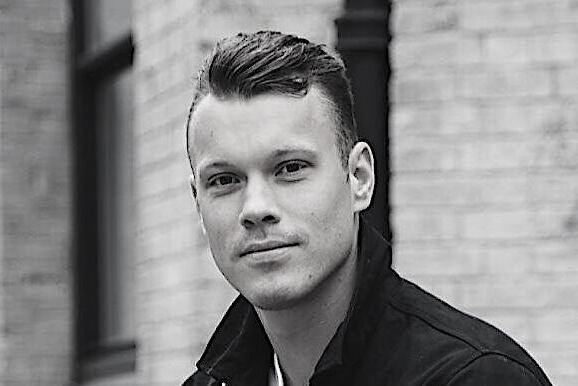
%20(1).jpg)

.jpg)
.png)
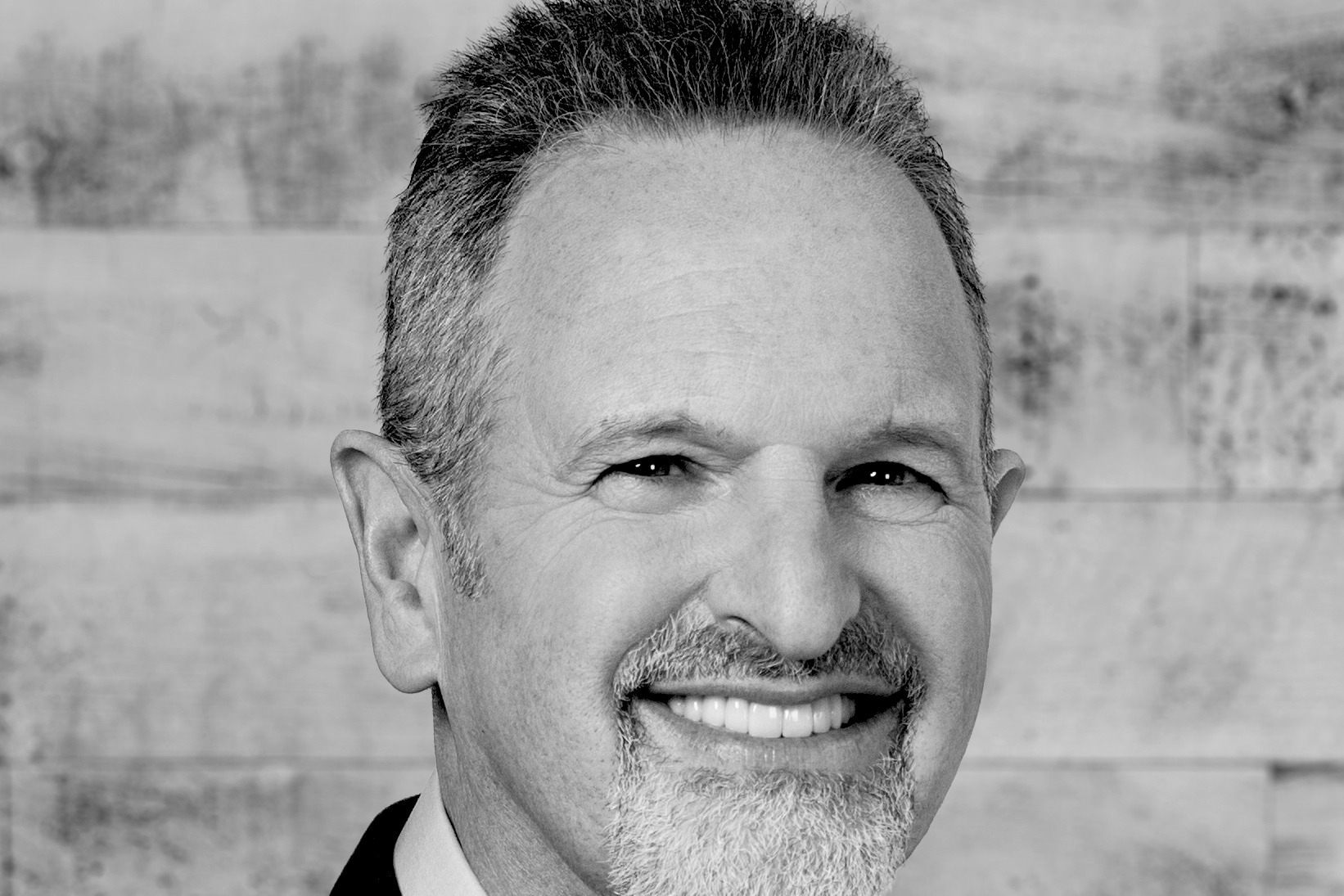
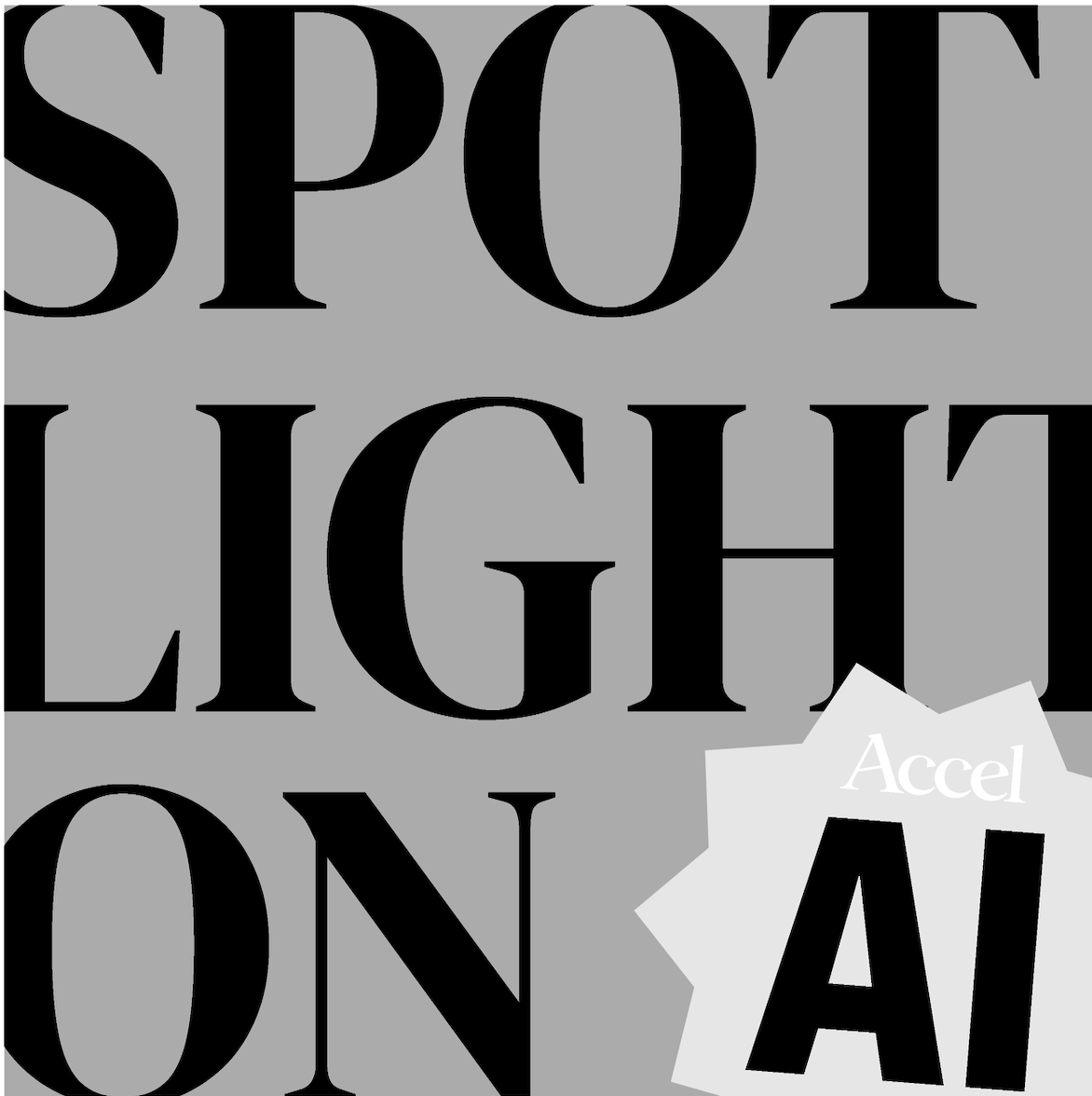
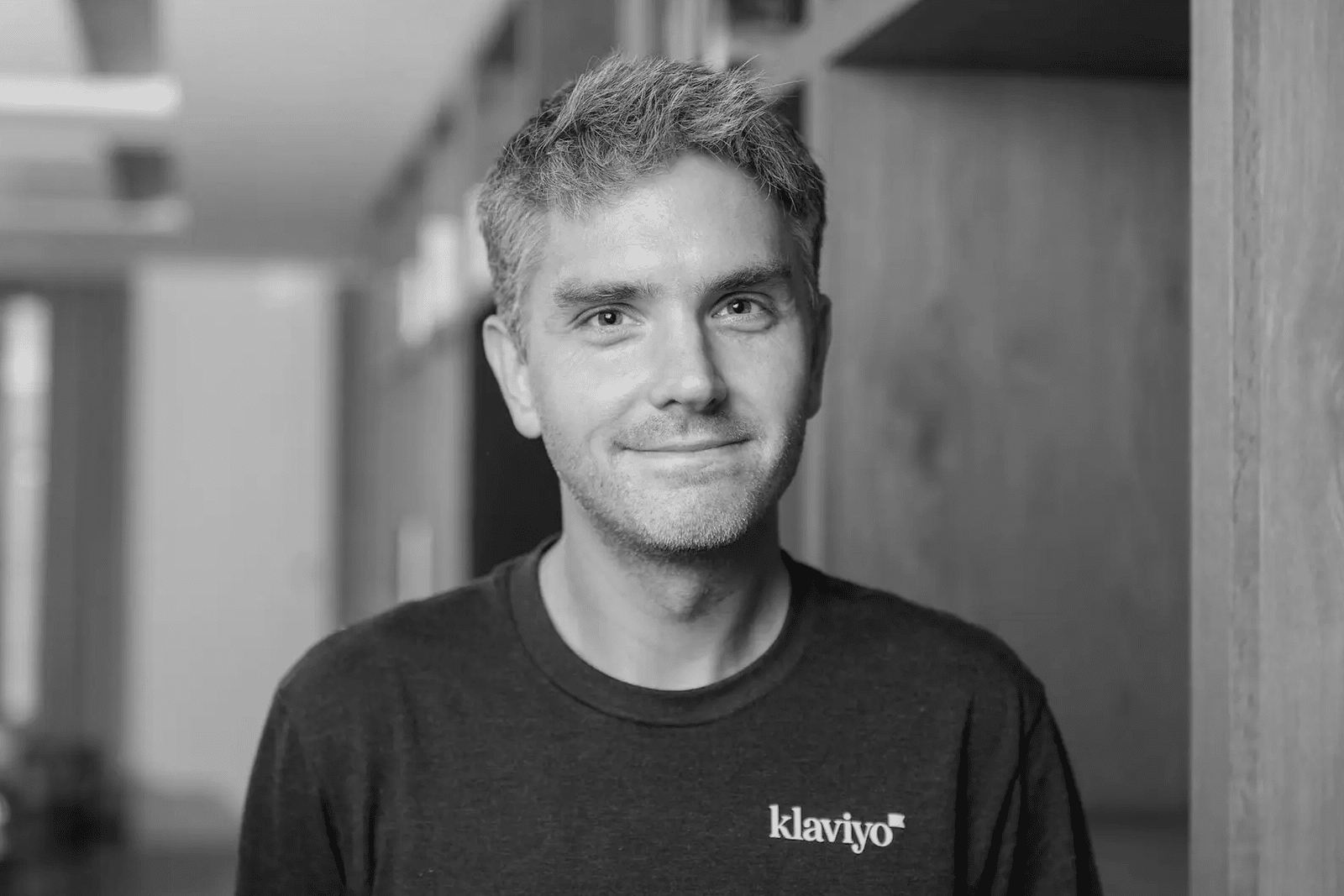
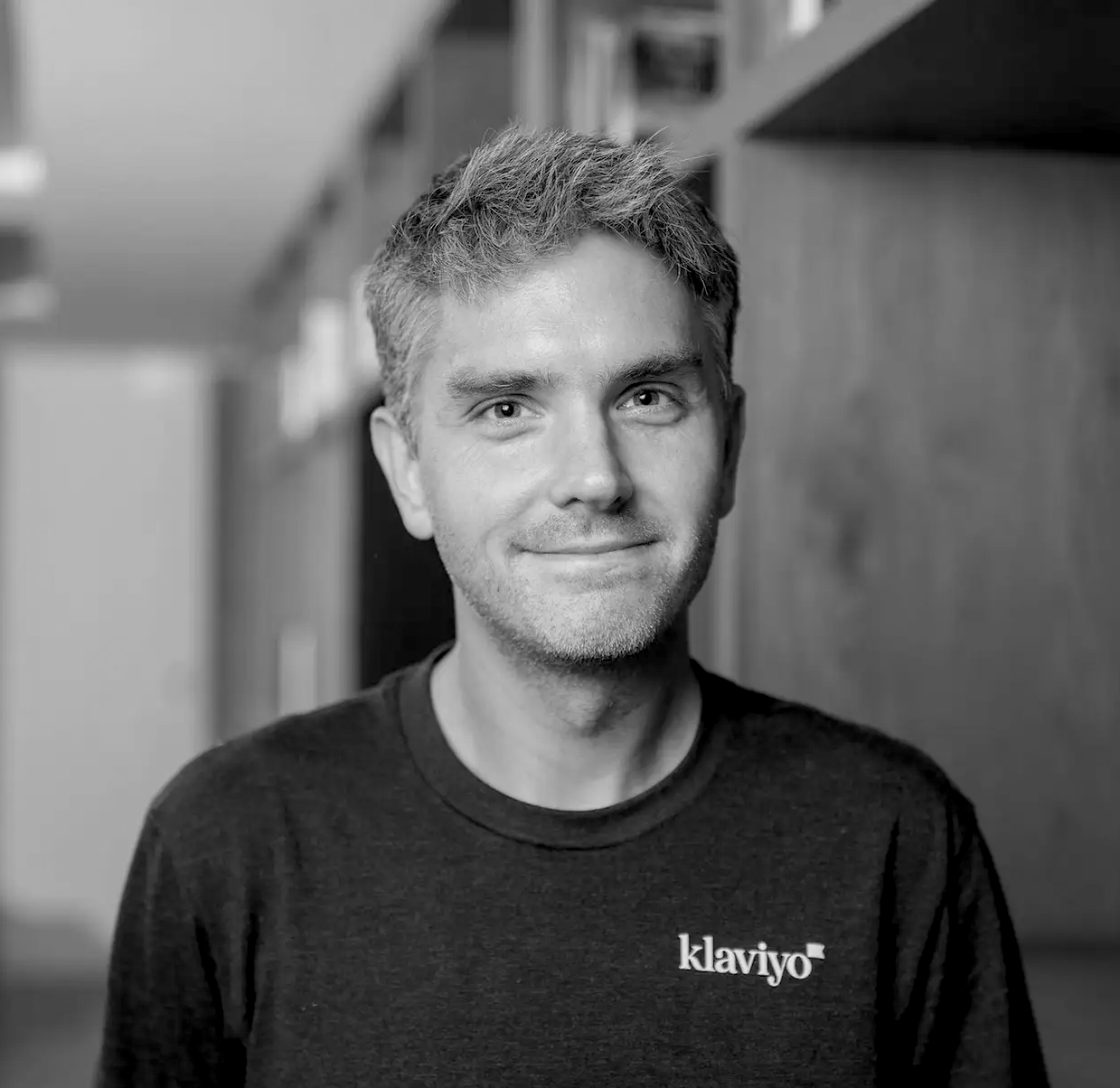



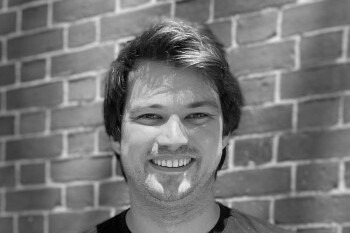
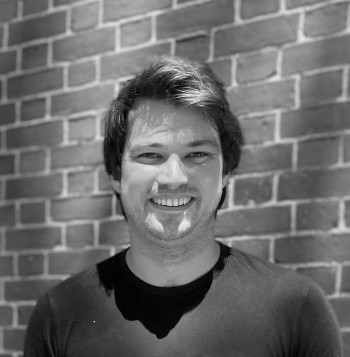
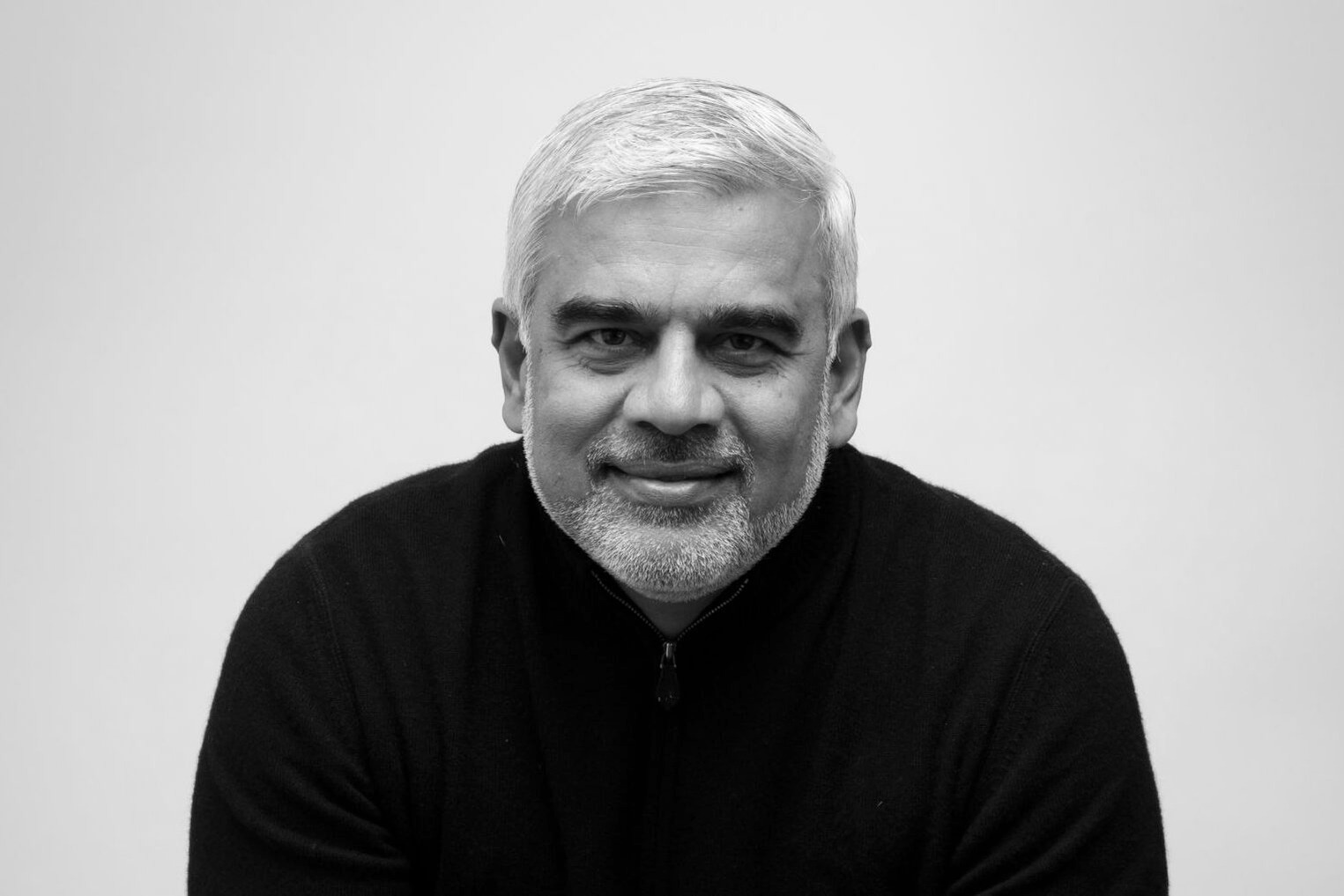
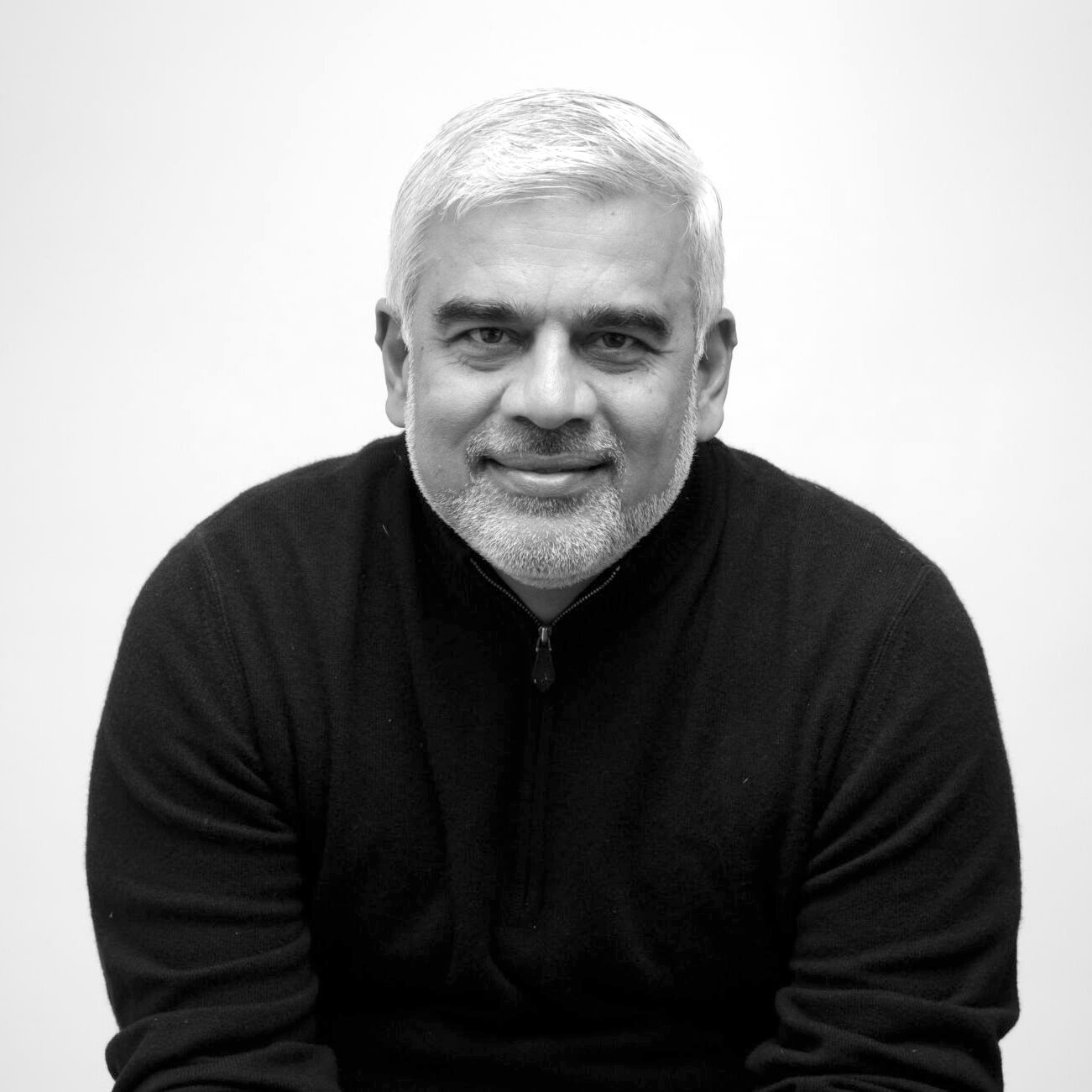


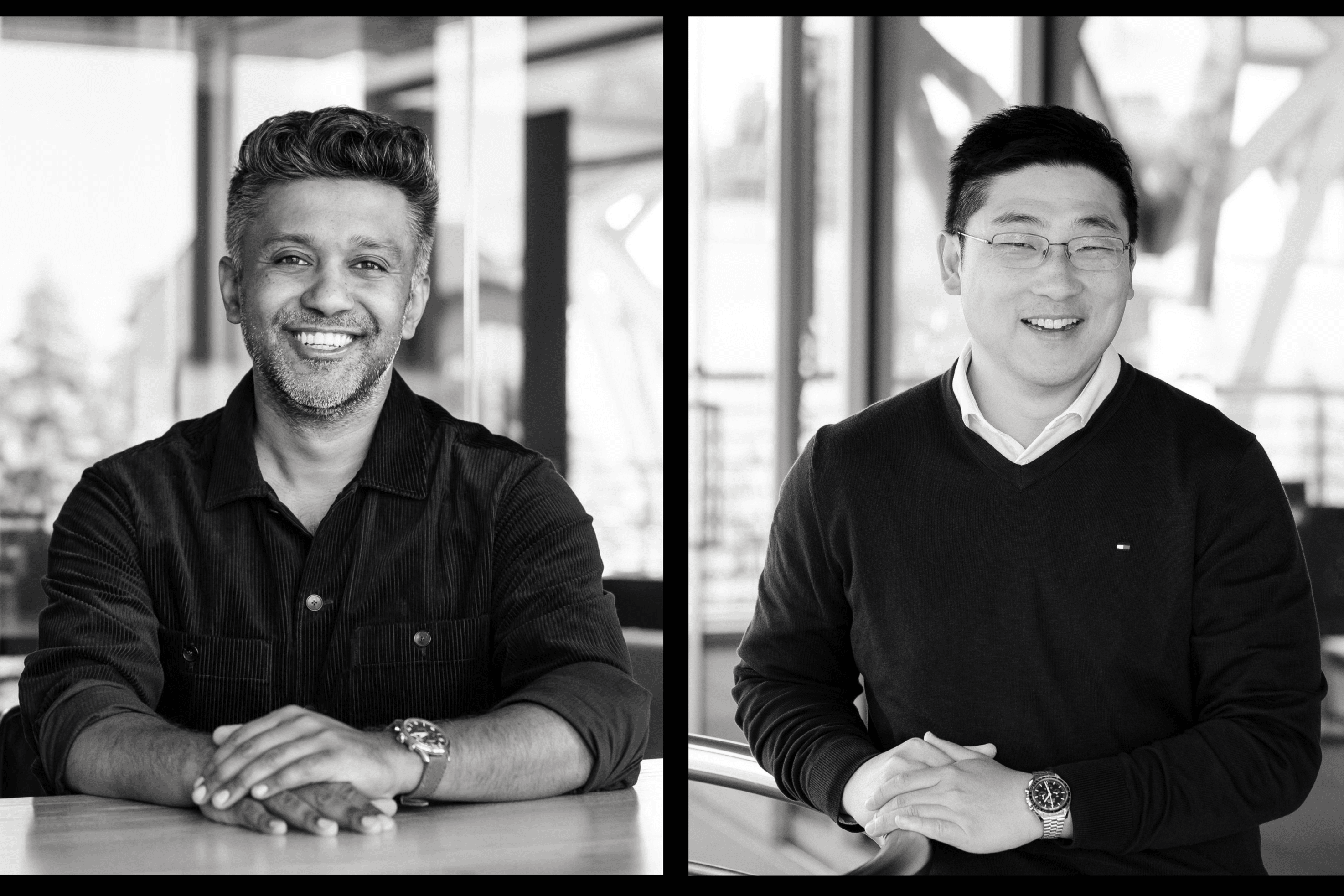

.jpeg)

